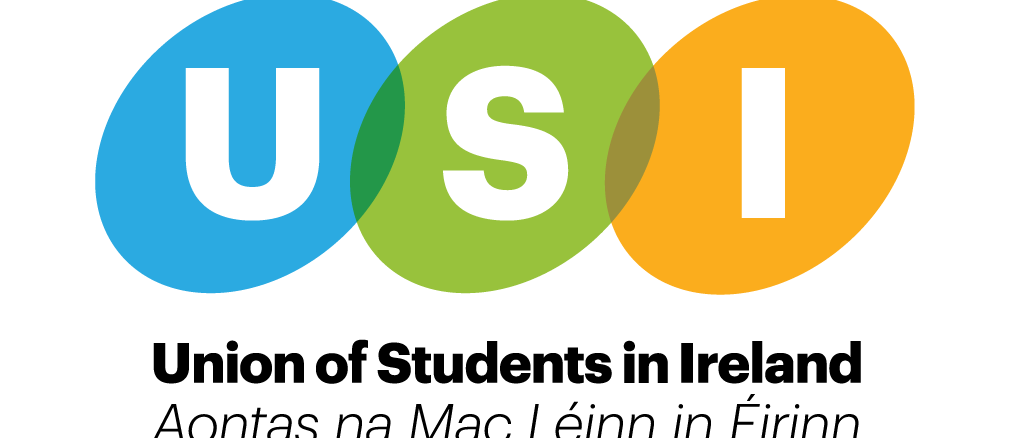
[dropcap]T[/dropcap]he USI (Union of Students in Ireland) have called for cooperation between universities and students’ unions to ensure no students are negatively impacted by the covid-19 pandemic.
Due to the pandemic, many students are working from home. According to the USI, this has left students in difficult situations, with students not being able to access the internet or devices like laptops to do coursework.
In a statement, the USI called on higher education institutions to work with students to address issues caused by the Covid-19 pandemic. “We have continuously called for partnerships between individual Higher Education Institutions and their local Students’ Unions to ensure that the student voice is included at all levels of decision making during this time.”
President of the USI Lorna Fitzpatrick says that universal measures wouldn’t work, and that policy must be changed at institution level to meet the needs of students, as well as work around an established framework.
“There’s so many types of assessment and alternative assessment, that’s why it needs to be done at a local level because any measures that are introduced need to work in tandem with policies within that institution,” said Fitzpatrick.
“It’s not something that any of us have experienced before and there’s no ready-made solution to these things”.
The policy paper created by the USI outlines their key principle, that students should graduate with their average grade, or better, from when the institution closed.
The paper also suggests that there should be no grade caps on repeat exams and that the financial barriers are removed. Alongside this, they also advocate for removing restrictions on extenuating circumstances policies to help relieve student stress.
The USI have also called for clearer communication between institutions and students, to avoid confusion surrounding the alternative assessments.
“I think people [students] were extremely reasonable and understood that it would take a little bit of time to get these things sorted. But what’s unreasonable is that people are left in the dark as to what process is being followed”, said Fitzpatrick.
While broad communication is necessary, this should only focus on the issues that are faced by every student in the institution, says Fitzpatrick.
“Certain support services are still available, that could be a general communication to all students because that’s important to all students”, said Fitzpatrick.
However, Fitzpatrick also mentions a need for school or discipline-wide communication to avoid confusion or information overload.
Tadgh McNally
Image Credit: USI



